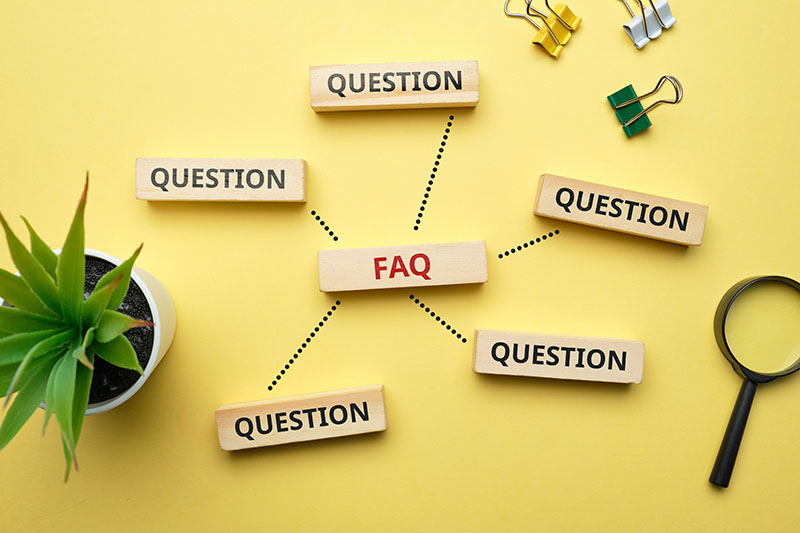Structuring your business
A legal business structure refers to how a business is organised, in regard to its legal status. Choosing the right business structure from the start is among the most crucial decisions you can make.
In the UK, there are four main types of business structure: sole traders, partnerships, limited liability partnerships (LLP) and limited companies.
Sole trader
A sole trader is a simple business structure in which one individual runs and owns the entire business. As a sole trader you are entitled to keep all profits made after tax has been paid but you are personally responsible for any losses the business makes. Despite its name, a sole trader can still employ other people.
Partnership
A partnership is a business structure where two or more people own and share responsibility for managing the business. The business partners are also equally liable for any profits and/or losses the business generates.
Limited Liability Partnerships
A Limited Liability Partnership (LLP) combines the flexibility of a partnership with the benefits of limited liability.
Limited company
Unlike sole traders or partnerships, a limited company is legally treated as a person in its own right, distinct from its owners. Owners are shareholders and not personally liable for any losses or debts incurred by the business and generally can only lose the capital they initially put into the business
Next Steps
If you need legal advice about which structure is right for you and your business, contact our team of experts on: 0800 533 5349 or enquiries@mogersdrewett.com
Meet the team
Frequently asked questions
The business structure states who owns the company, how its profits are distributed and which managers perform which tasks. It’s also necessary for tax and liability purposes, as depending on the structure of the business, the business will be taxed differently, and managers and owners will have different levels of responsibility in the event of wrongdoing or a lawsuit.





